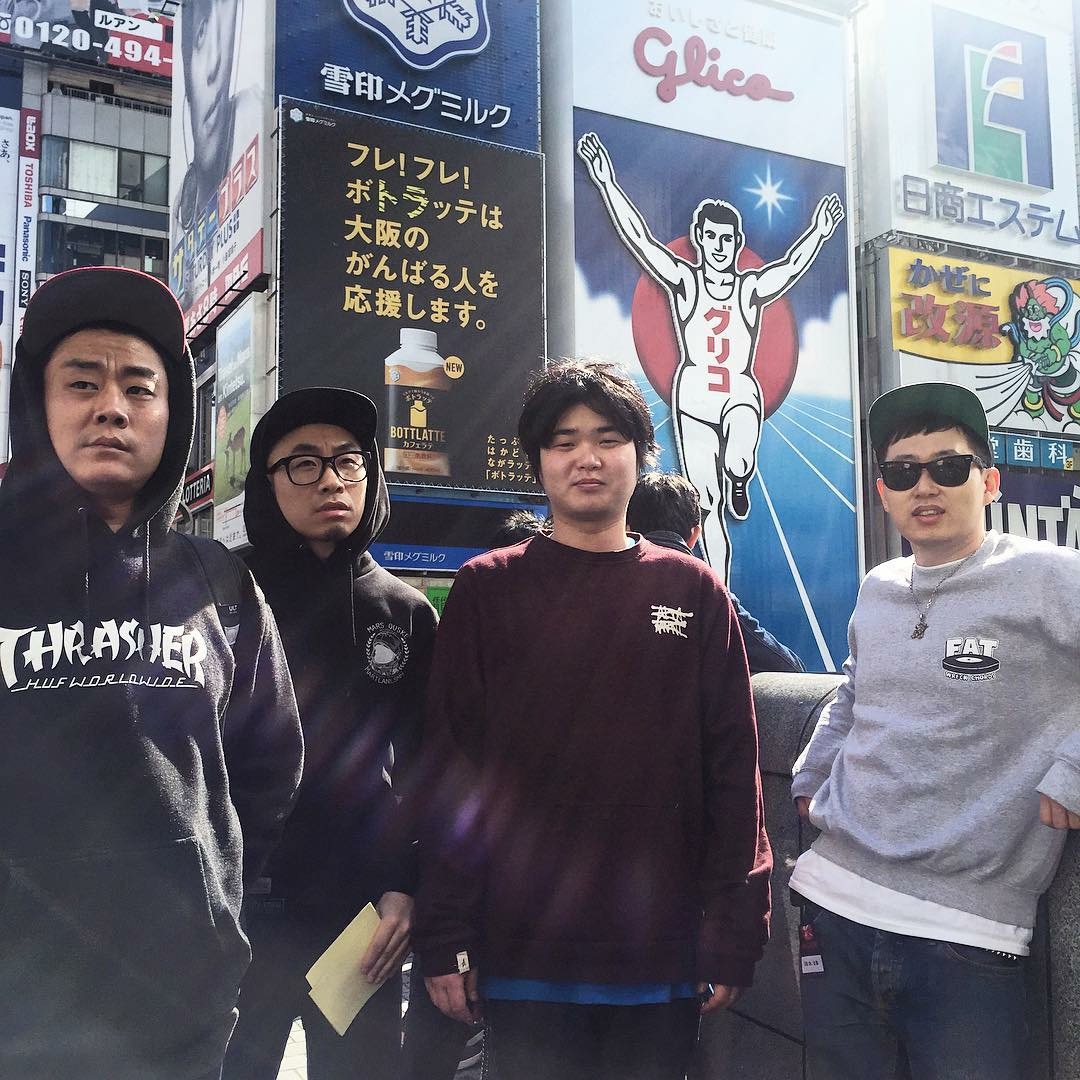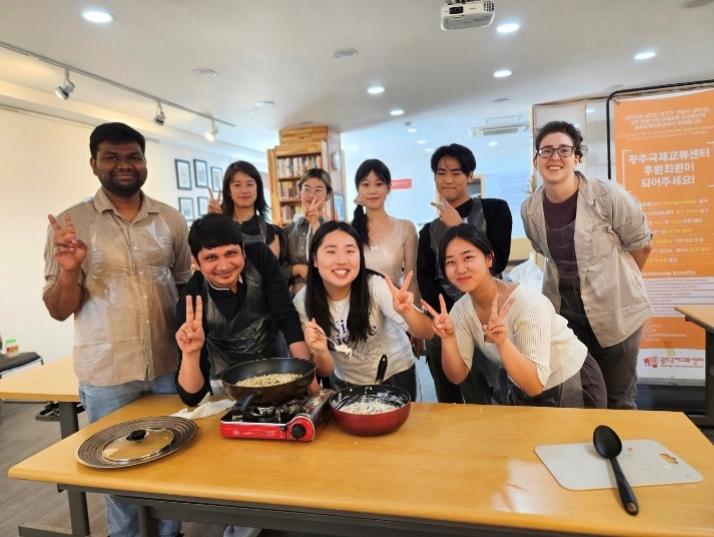Op-Ed: A Look At Homosexuality in Korea
Gaining Acceptance
By Katrin Marquez
Approximately thirty thousand people attended the pride parade culminating the 2015 Korean Queer Culture Festival (KQCF) in Seoul last June. Months later, Seoul National University—the most prestigious university in the country—elected Kim Bo-mi as Korea’s first openly gay student body president. For LGBT activists in Korea these two events proved meaningful as they reflected societal changes which one day may allow LGBT persons to have equal rights in a country that remains conservative on these issues.
Although 2015 proved to be a watershed year for LGBT rights in Korea, those same moments that provide hope also illustrate how much is left to be done. The same pride parade which had participation levels unimaginable just a few years ago faced significant challenges. Due to opposition from Christian organizations which repeatedly attempted to block the event, KQCF was forced to change the date of the pride parade. The parade was only held after a court ruling mandating it be held, and the actual event saw significant opposition as the Korean Churches Anti-LGBT Response Committee—a coalition of Christian organizations—held its own event in the vicinity of the parade.
Similarly, Kim’s election to SNU’s most significant student role left many older Koreans enraged. Ignoring the fact that this was the first year in nearly two decades that a run-off was not held due to extremely low voter turnout, many older Koreans pointed out that, since Kim ran unopposed, her having received 86.8 percent of the vote did not necessarily reflect the students’ approval of her pro-LGBT rights stance. In a November 23 report by Donald Kirk in The Independent, an older veteran is quoted as saying, “They should expel her from the university” before adding that he would not be willing to defend her rights in a military conflict. His words and those of other middle-aged and senior citizens quoted in the article are in strong contrast with those of the college students whose responses can be best summarized as, “We don’t care if people are LGBT or not.”
There is a significant generational gap between those that see homosexuality as a sin that has no place in society and those who view it as a fact of life. A survey conducted by Pew in 2013 revealed 59 percent of Koreans consider homosexuality “unacceptable”, down from 77 percent in 2007. That same study also showed that Koreans are more likely to consider extramarital affairs, gambling and abortion more unacceptable than homosexuality.
An analysis by Steven Denney, published in The Diplomat of the World Values Survey—a network that tracks changes in perspectives through surveys—shows that between 2010 and 2014 Koreans under thirty were most likely to view homosexuality as acceptable at least sometimes with a response of 39 percent. For people 30-49 and above 50 the acceptance responses were 20 percent and 8 percent, respectively. Some theorize this generational divide may be the result of improved socioeconomic circumstances in Korea, since some models in the social sciences have long-held that economic stability usually leads to increases in progressive views. However, economics alone is unlikely to change widespread prejudices against LGBT individuals.
Culture and activism tend to have a significant impact in how LGBT individuals are perceived. Film director Kim Jho Gwangsoo’s symbolic marriage to long-time partner Kim Seung-hwan helped to bring the issue of marriage equality to the foreground for many Koreans. Media representation can also impact change, as trans-woman and prominent LGBT rights activist Park Edhi credits the 2007 drama 1st Shop of Coffee Prince—about a woman who pretends to be a man and the man who struggles to accept his attraction for her due to his belief that she is male—with making her believe she could become a beautiful woman and inspiring her to work for the rights of LGBT youth.
Images of people struggling to find acceptance helps to humanize the issue of LGBT rights. Even so, Korea still has a long way to go. Among younger Koreans acceptance rather than advocacy seems to be the most prevalent attitude. Few outside of the LGBT community are engaged in learning about LGBT issues. The advances made in the last couple of years are inspiring but insufficient as societal pressure to marry and have kids continues to push Koreans further into the closet even as they begin to see positive changes.




